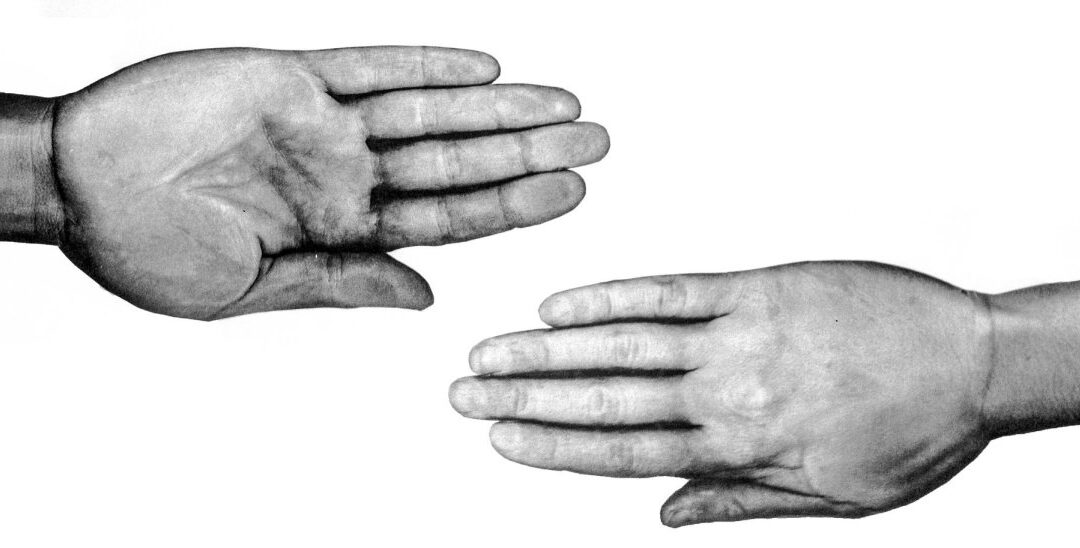A few years ago, I stumbled upon the Moth Stories. Originally based out of New York, but now in cities around the country, people would come together at a venue to share and listen to personal stories based on a theme for the evening. Ten people, randomly selected one at a time, would go up on the stage and tell their story. I went to one in Chicago a few years ago not quite sure what to expect, but my experience was profound. There is such intensity and intimacy created by sharing such impactful and vulnerable moments to an open and receptive audience. I had the opportunity to share my own Moth Story (which you can see here) at one of these events. I gained tremendous personal incite preparing my five-minute story. I also realized, telling my story in front of several hundred people without any notes was more stressful than running most ICU codes.
It is no surprise that this format translates so well to the medical world. In 2015 a second-year resident at UCSF, Emily Silverman, after seeing the Moth Stories herself, started The Nocturnists, a similar storytelling event but geared for the medical community. The program has grown over the years in the San Francisco area and there have been shows in Boston and this fall, New York City. Emily just completed the first season of The Nocturnists Podcast, which I finally, over the long weekend, binged on.
Each of the thirty-minute episodes, start with a ten-minute story, recorded live from one of the stage shows. The rest of the podcast is an interview between Emily and the storyteller, further unpacking their themes, taking a deeper dive into a range of topics: The dehumanizing aspects of residency training and the impact on both doctors and patients, the competing roles physicians face providing hope versus reality, the anxiety of running a code and other procedures for the first time, the loss of autonomy for our sick patients and the impact on the doctor-patient relationship, end of life issues and advanced care planning, EMR’s, the opioid crisis and more. Each of these vivid and personal narratives, through the voice of the storyteller, contain multiple themes that will feel familiar, formative and universal for almost all health care professionals. For those whose lives are outside of medicine, the access “behind the scenes”, not just to the story but to the mindset and thoughts of the storyteller themselves, make the listener immediately invested and connected. Almost every story resonated personally; except for the one where the morgue refrigerator broke down one night, challenging the problem-solving ability of an administrator on call. You are going to have listen to episode #8 to learn more about that one.
The medical themes I have been writing about here on my blog; burnout, demands of residency training, dealing with and end of life issues, formative moments in the life of physicians, are all brought to vivid life in these wonderful and powerful stories contained in the podcasts. Just hearing them alone in my car all weekend long, has helped me feel more connected to the medical community at large, which I believe is the most valuable component of the Nocturnists. A lot is being written about “Narrative medicine” and the power of stories to help our patients and ourselves; injecting some much needed humanism into the medical workplace. When people, with their varied backgrounds, have the opportunity to share their stories with each other out loud, the healing power of connection comes alive. I do not believe it is a coincidence that the growth and success of the Nocturnists comes at a time when physician burnout and frustration is at an all time high.
I invite you all to check out the podcast on Itunes or Stitcher and listen. I look forward to season 2, and hopefully for The Nocturnists to make their way to Chicago sometime soon!
Anyone who has appreciated my writing, will definitely find these podcasts well worthwhile and thought provoking. I look forward to the day the Nocturnists come to Chicago!

